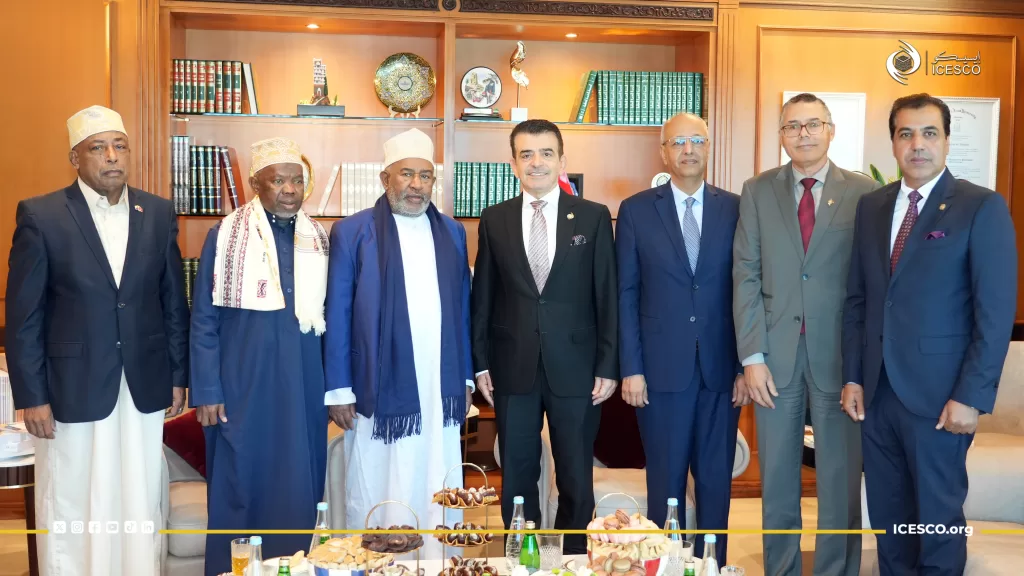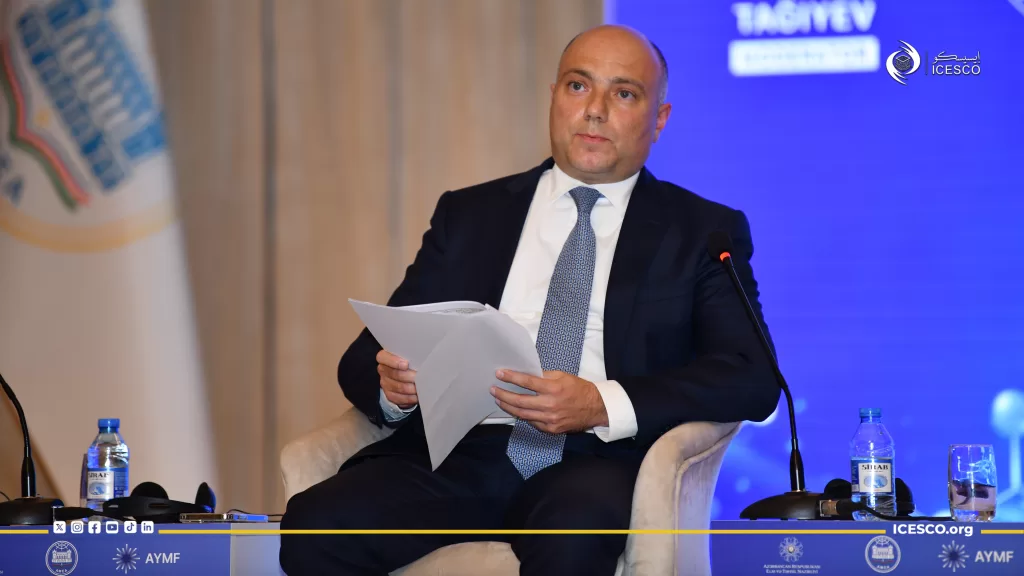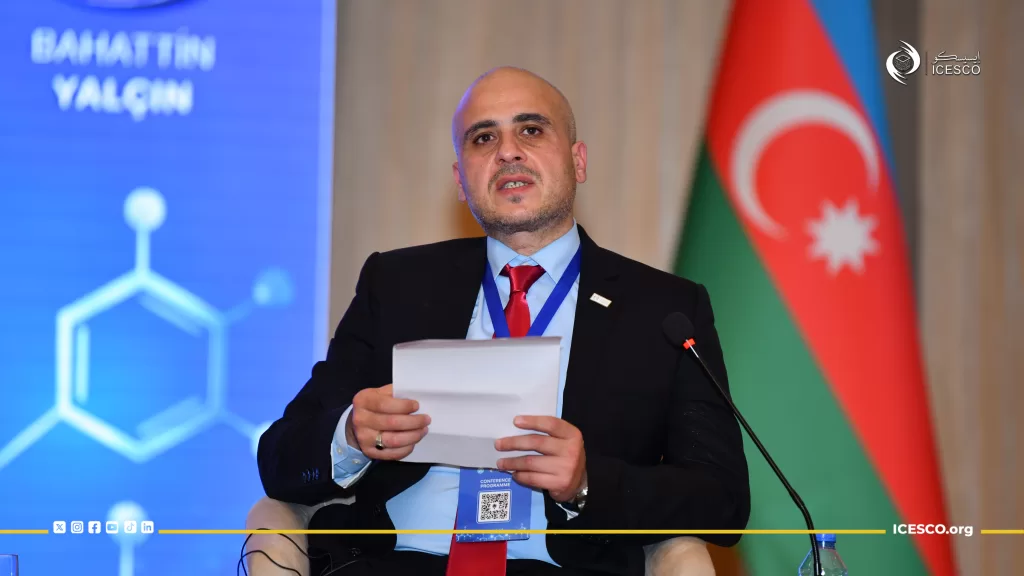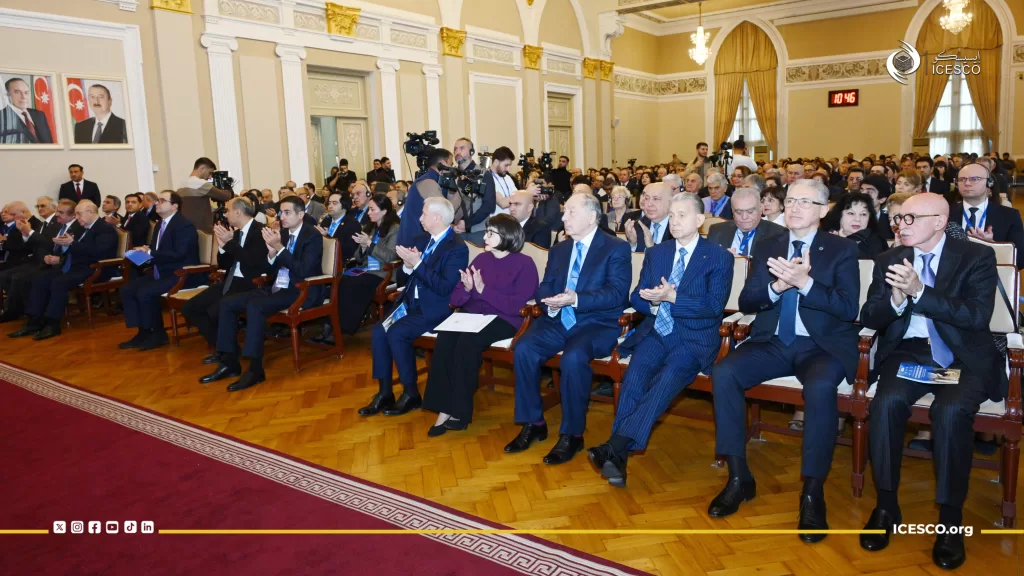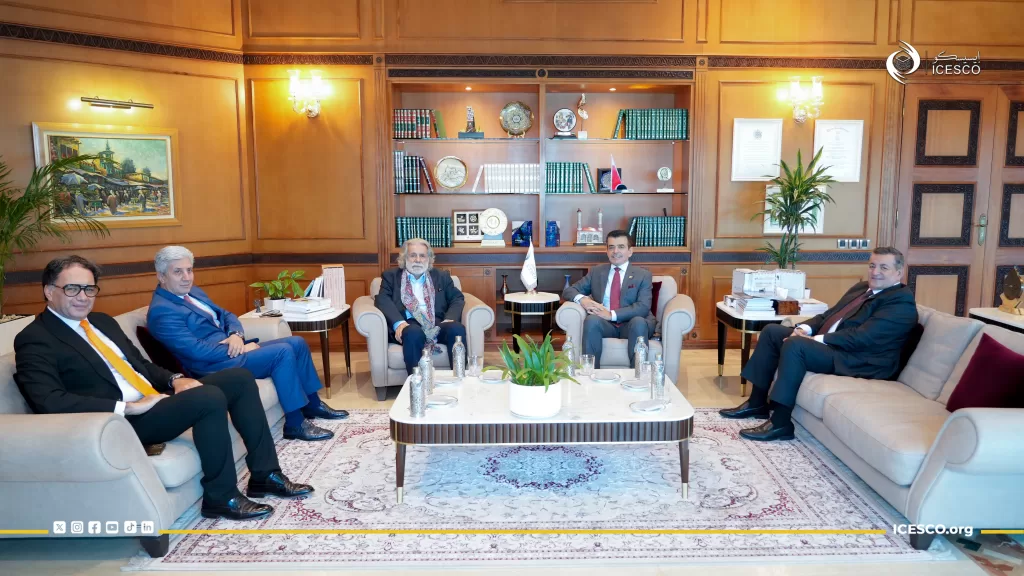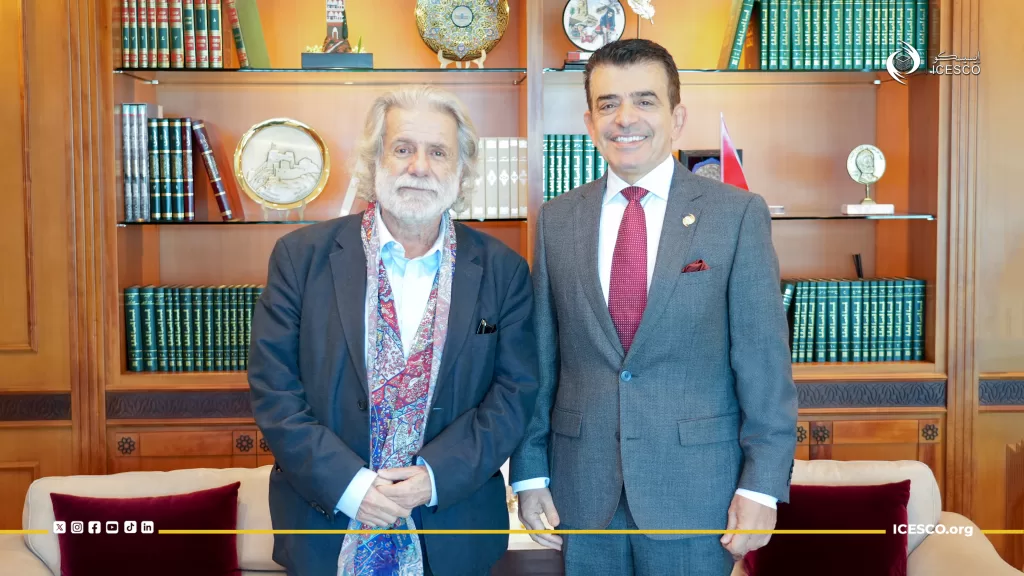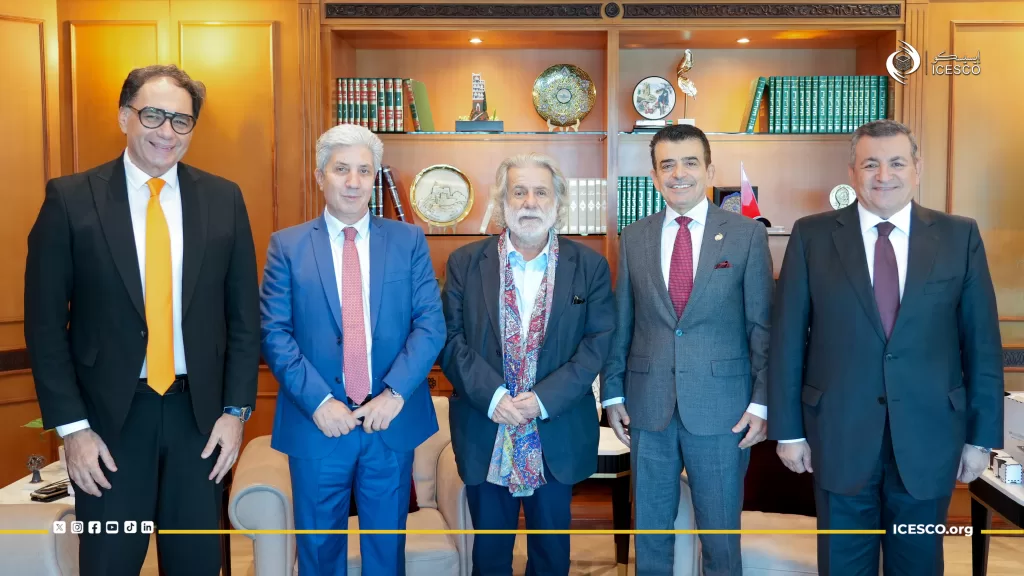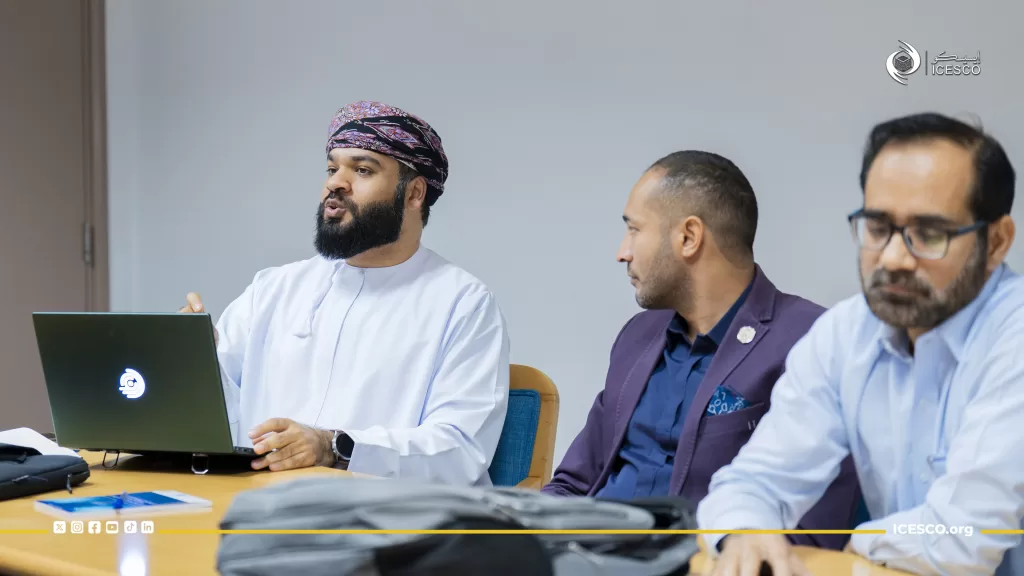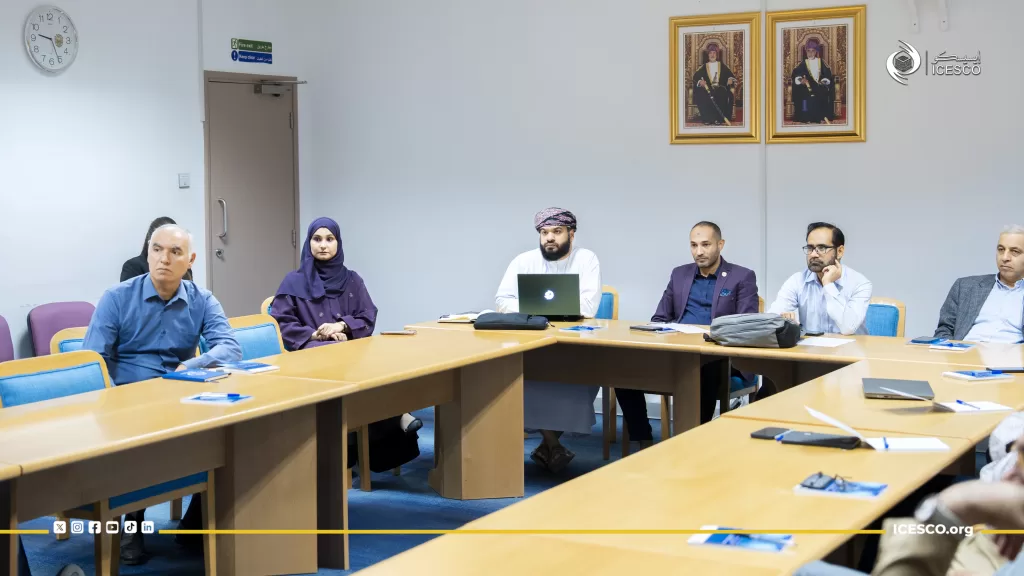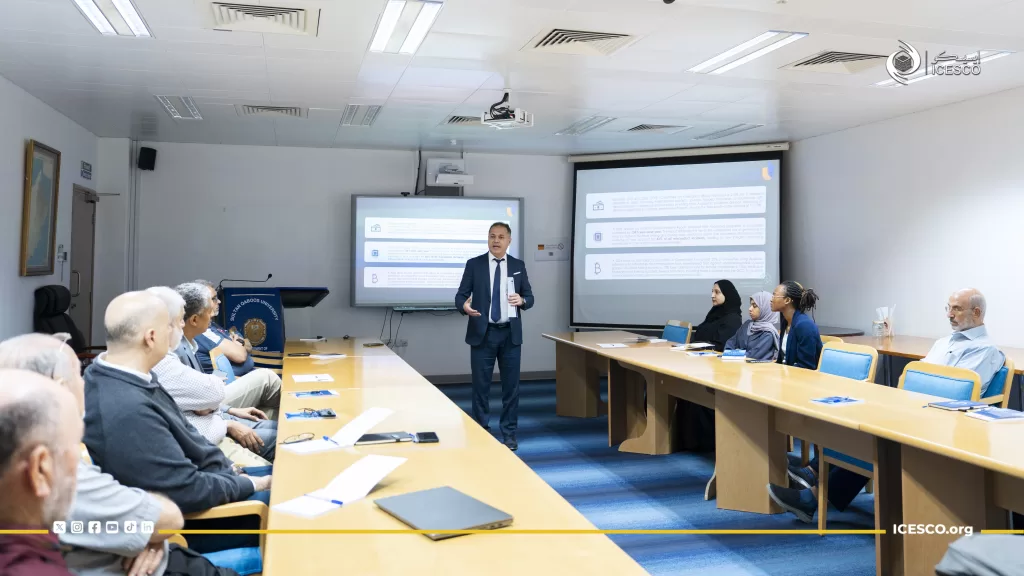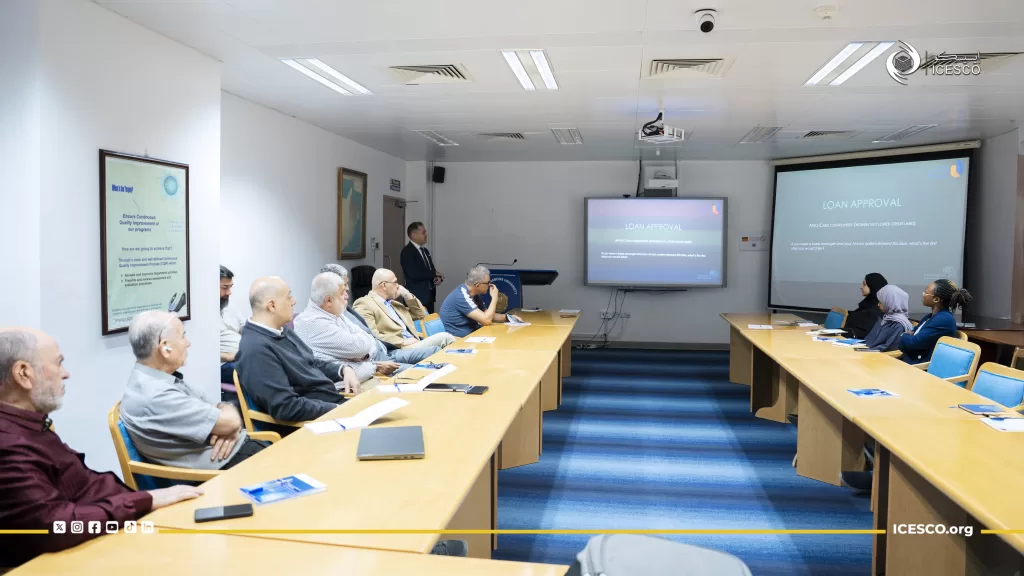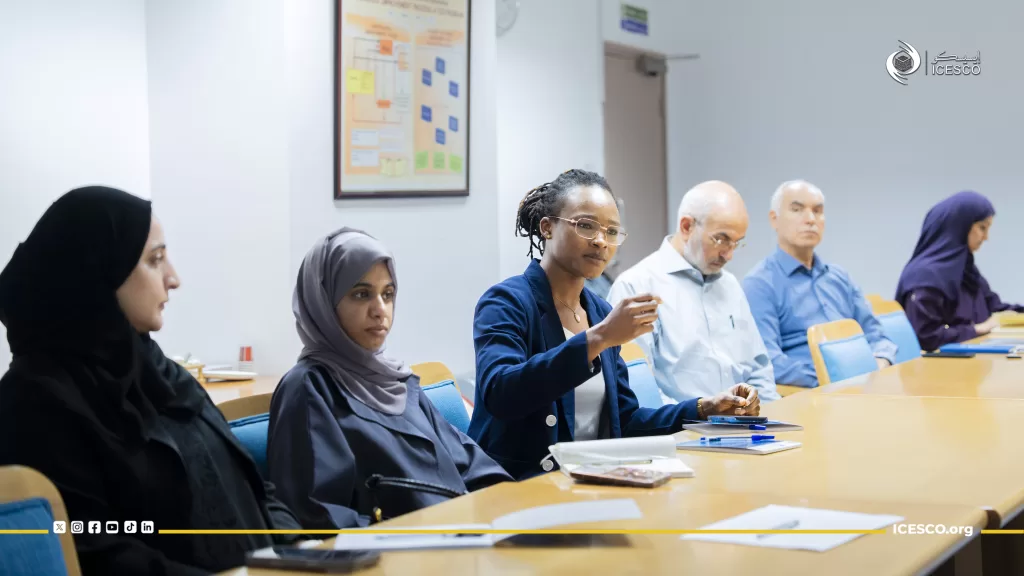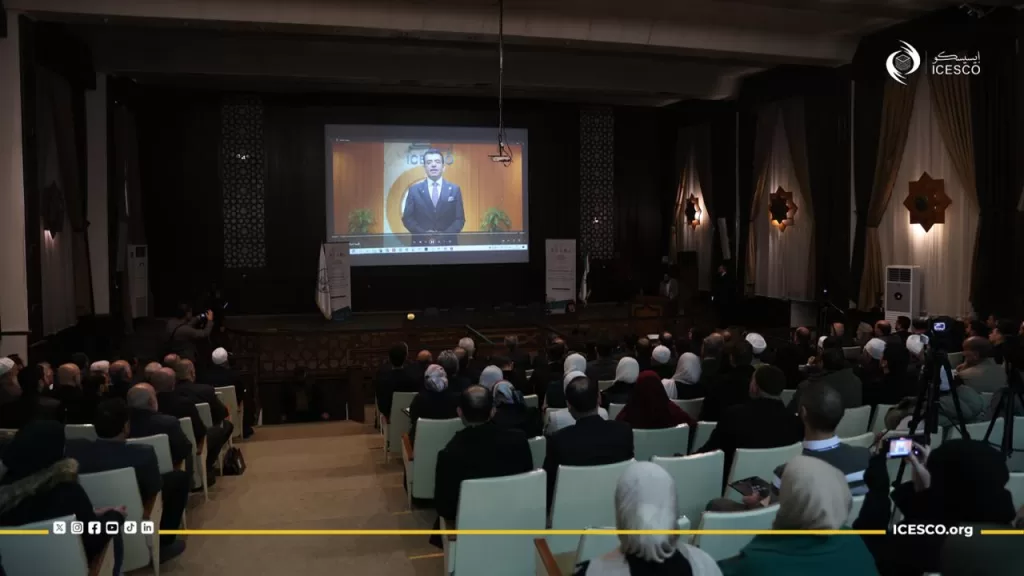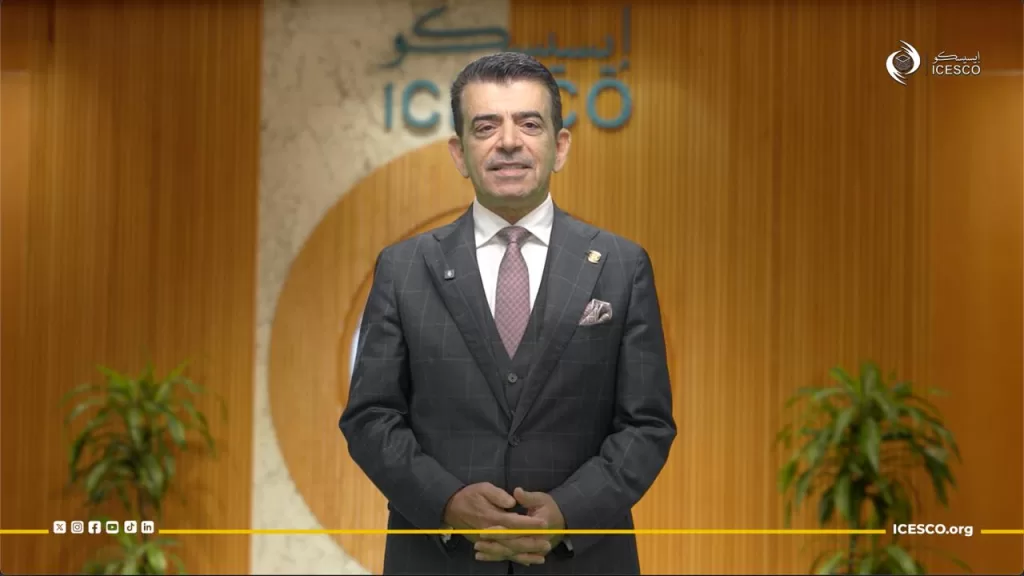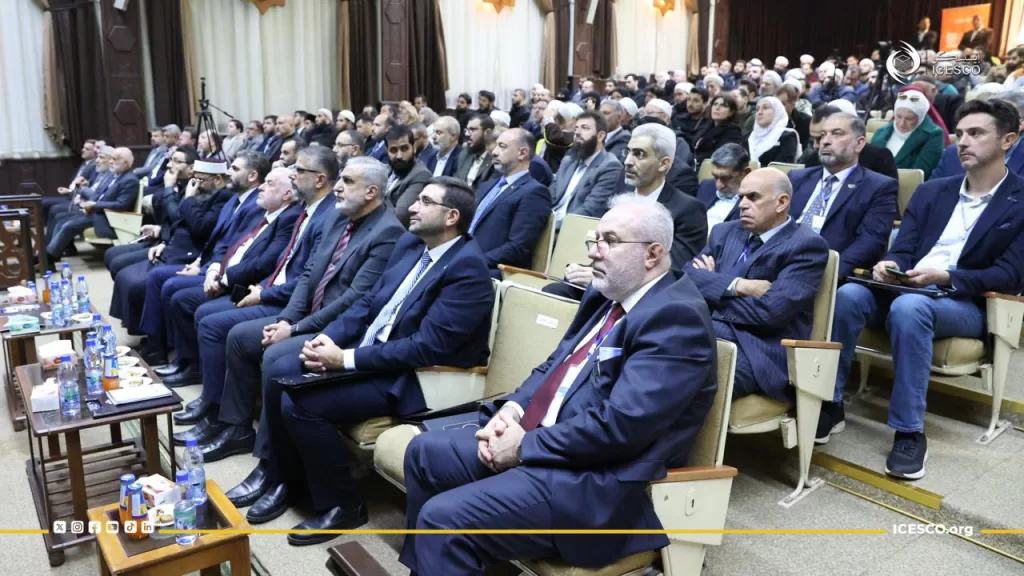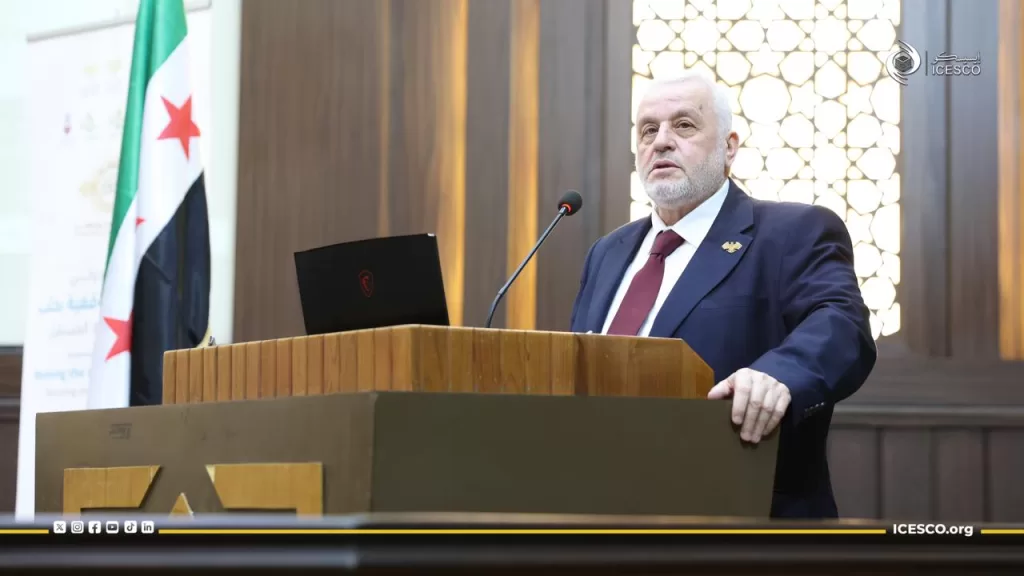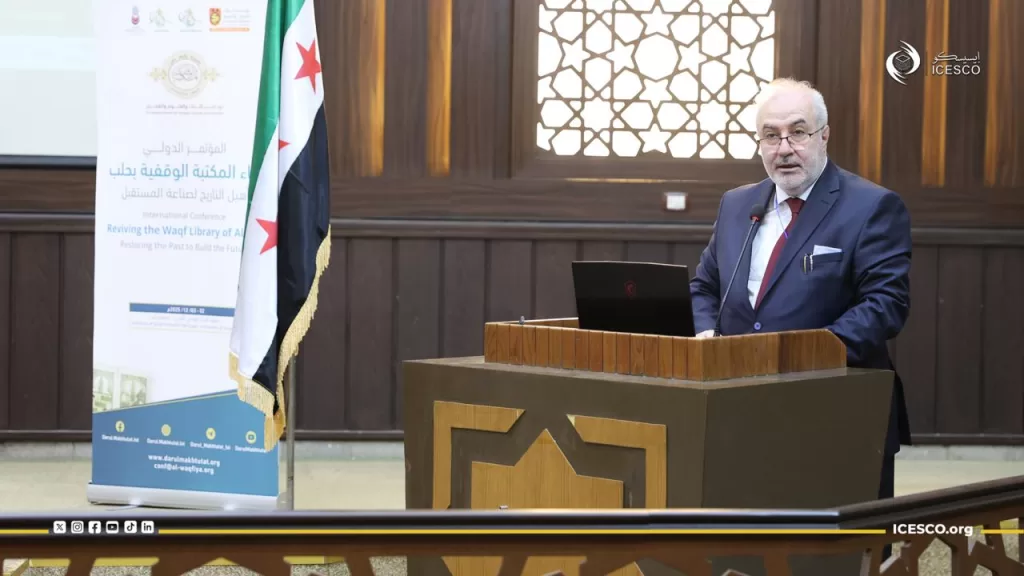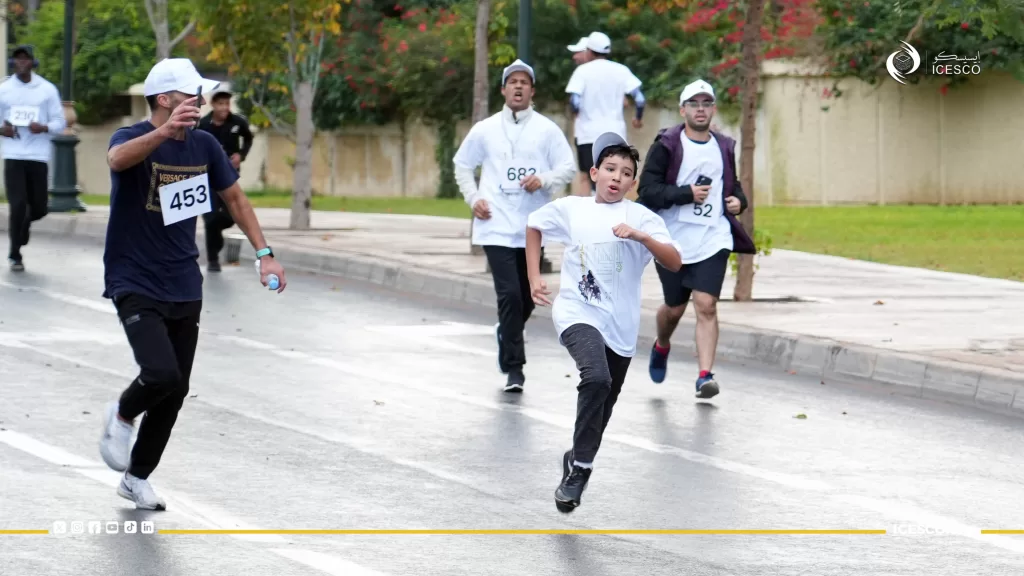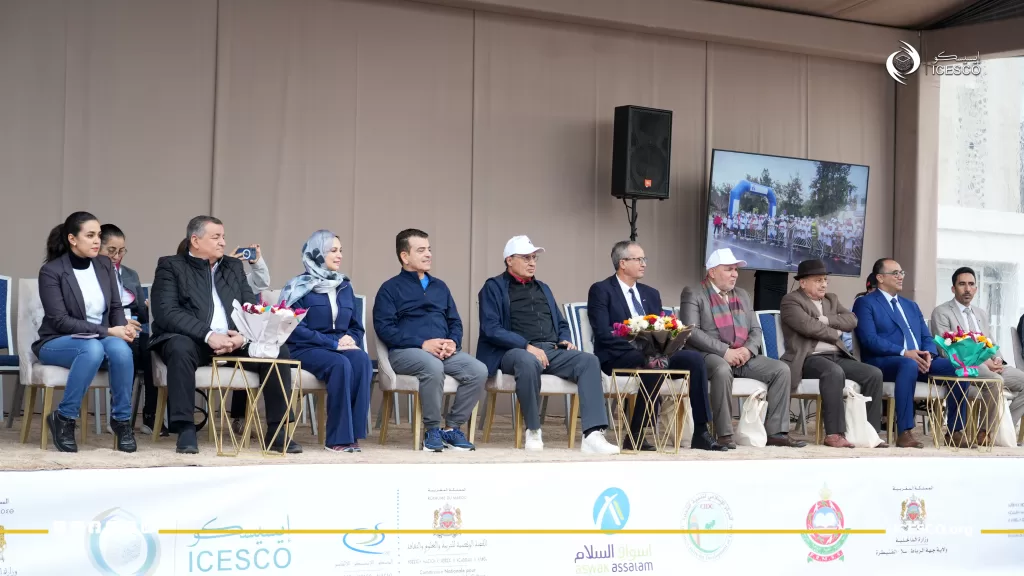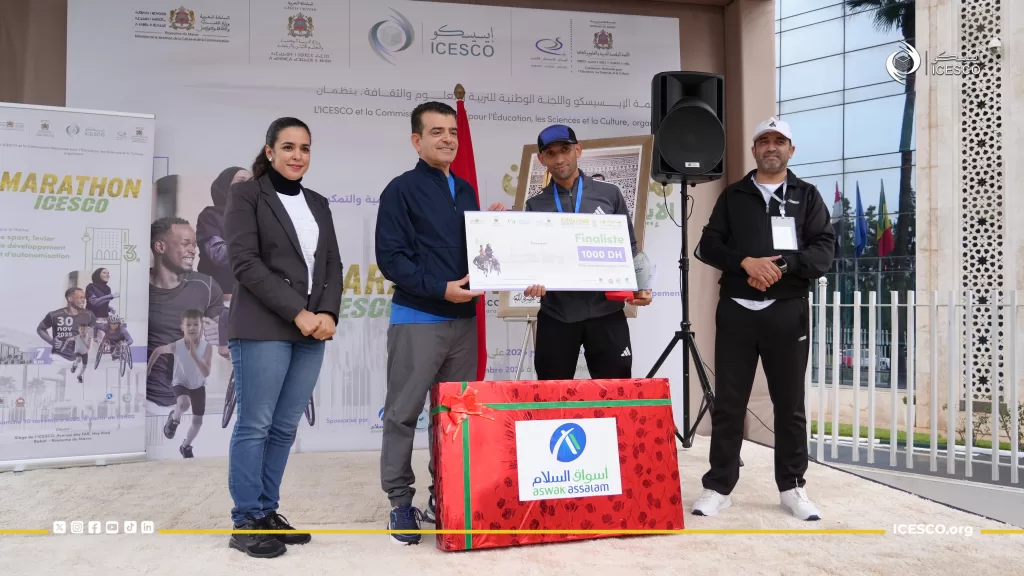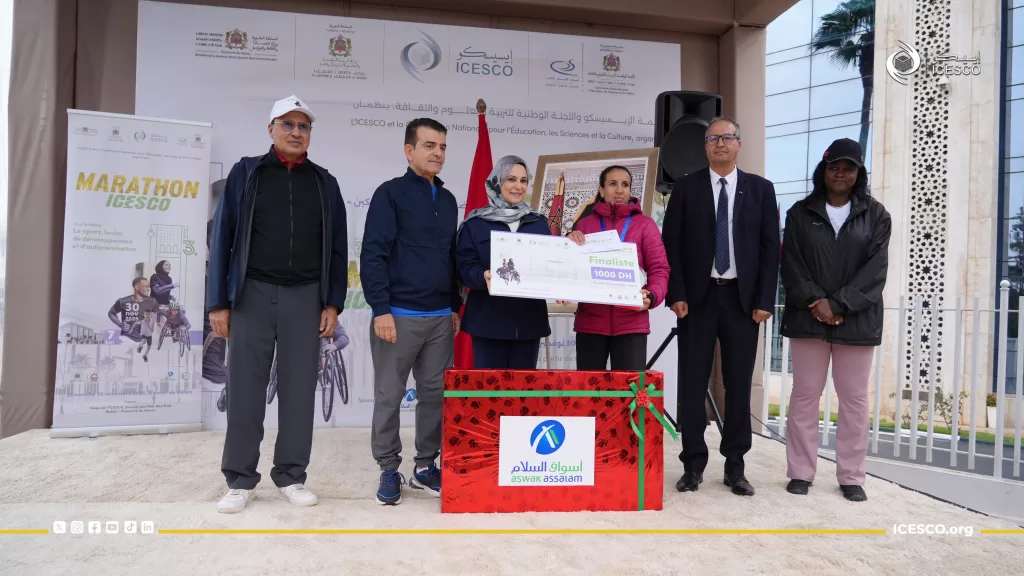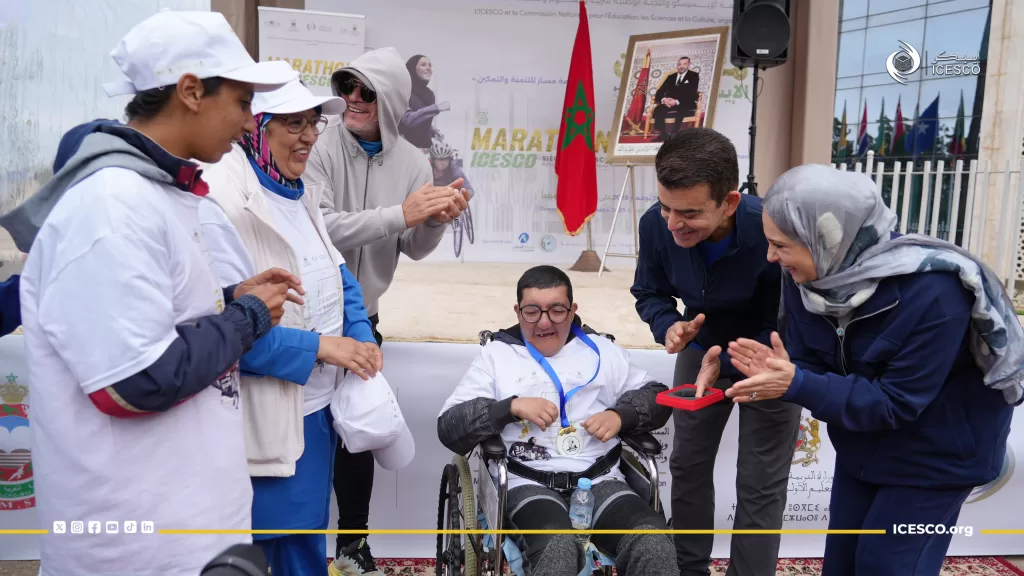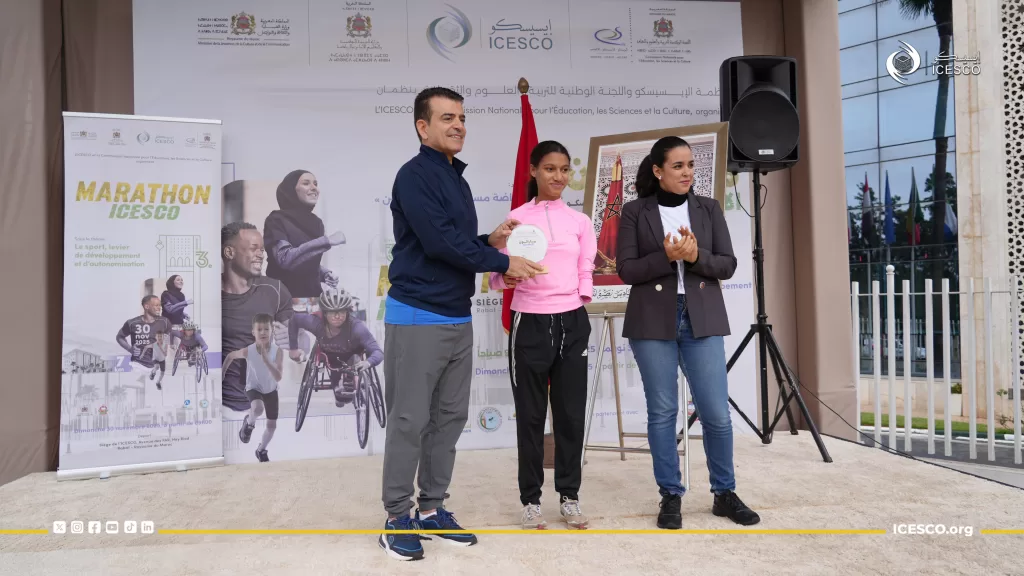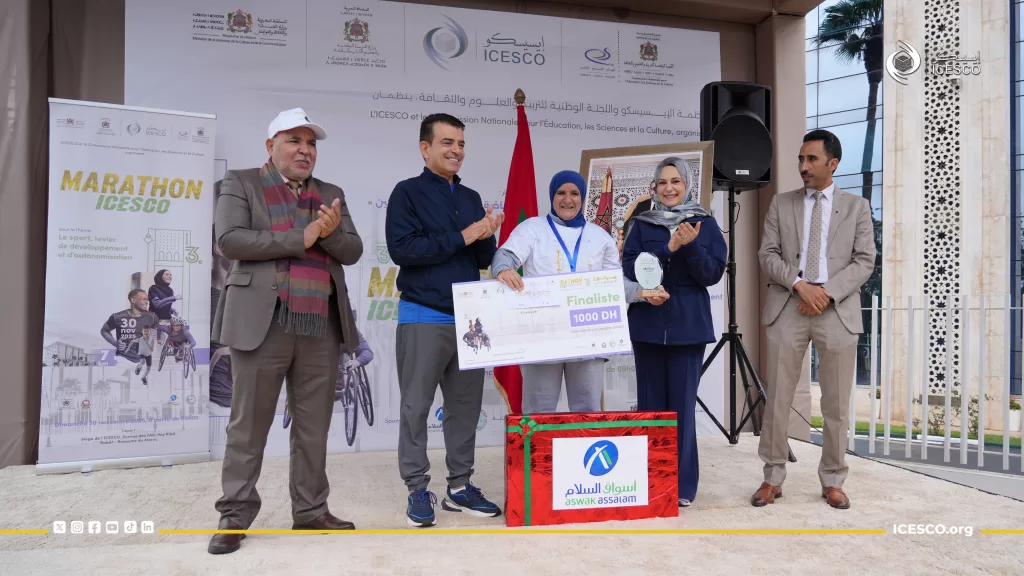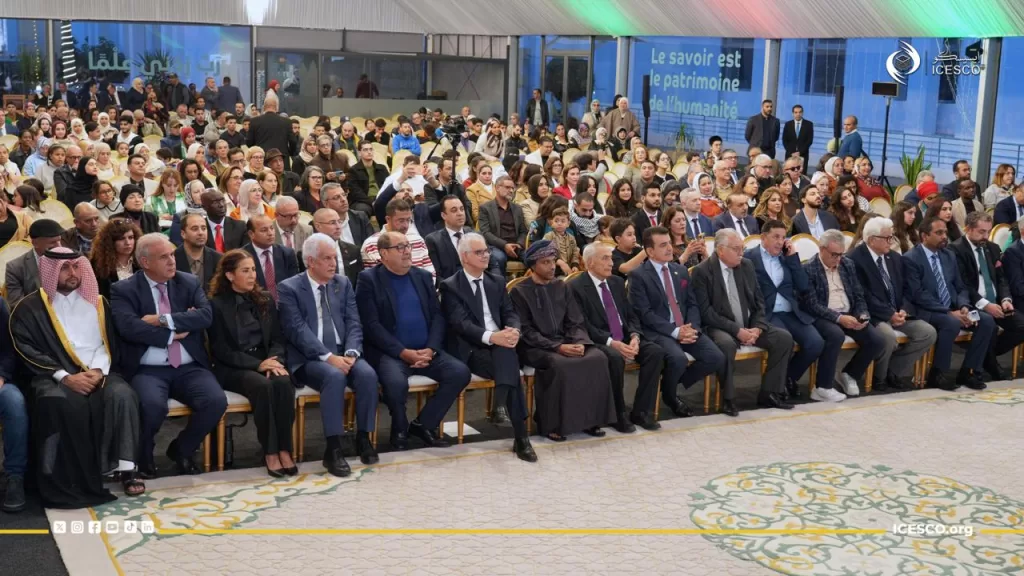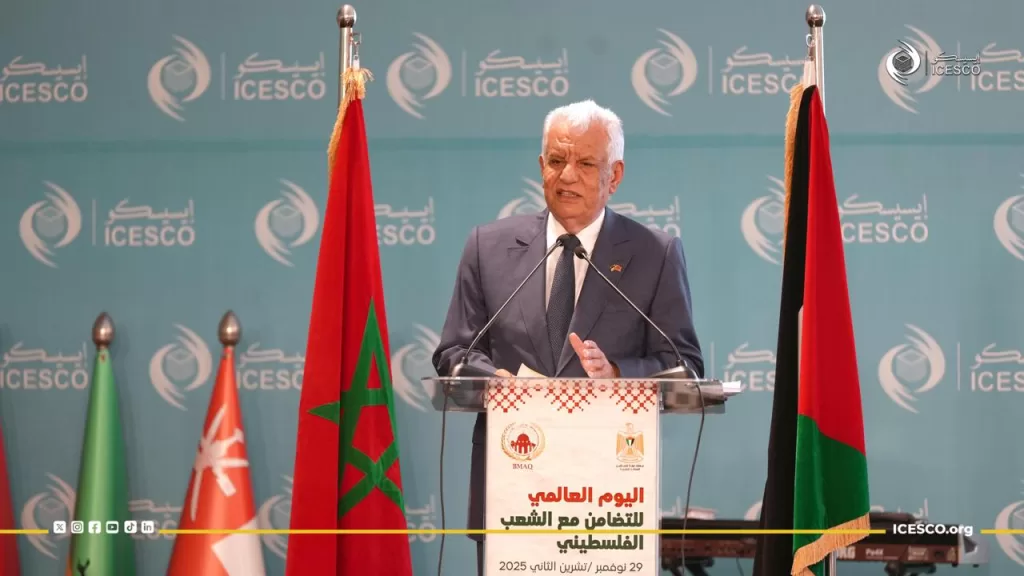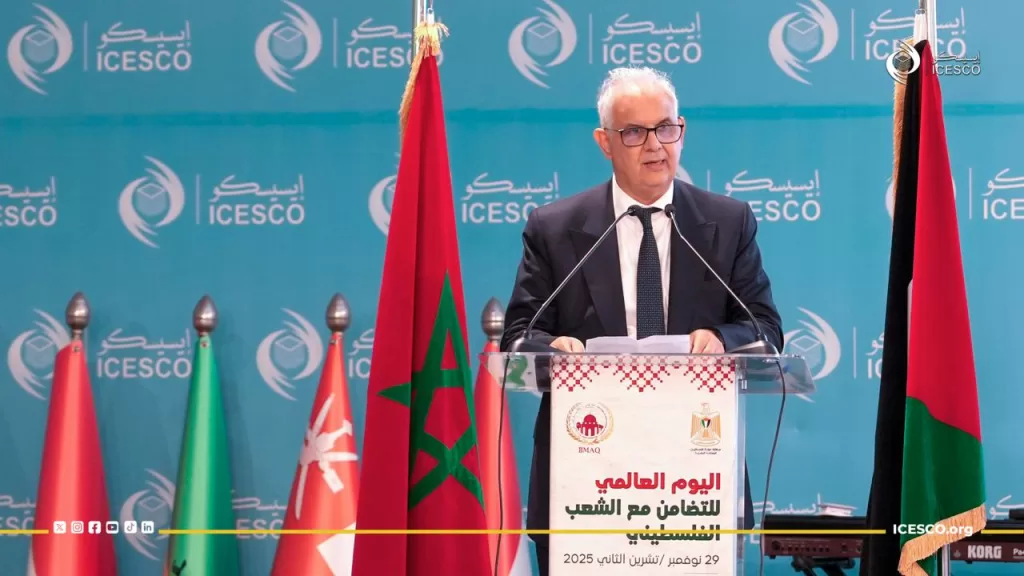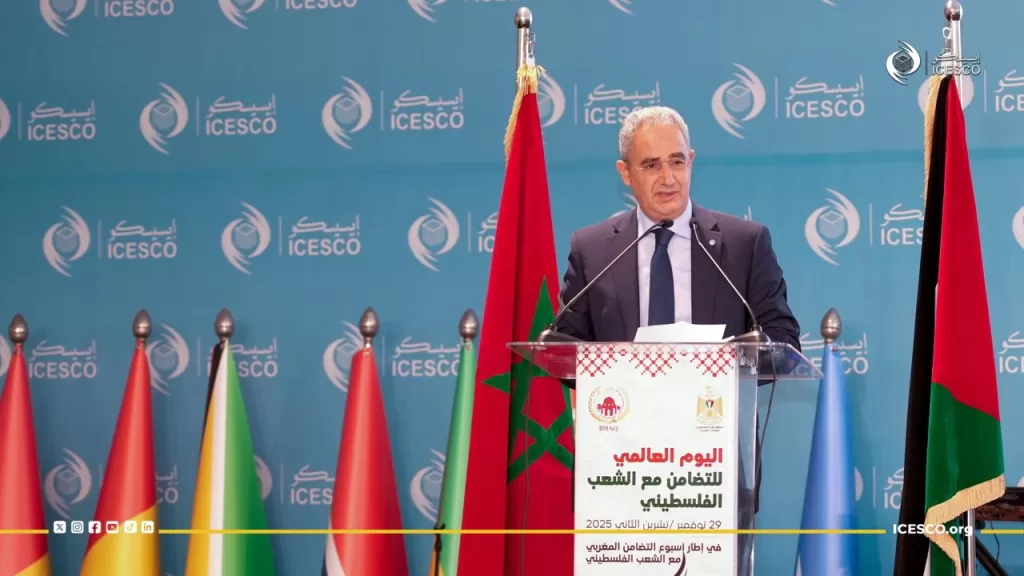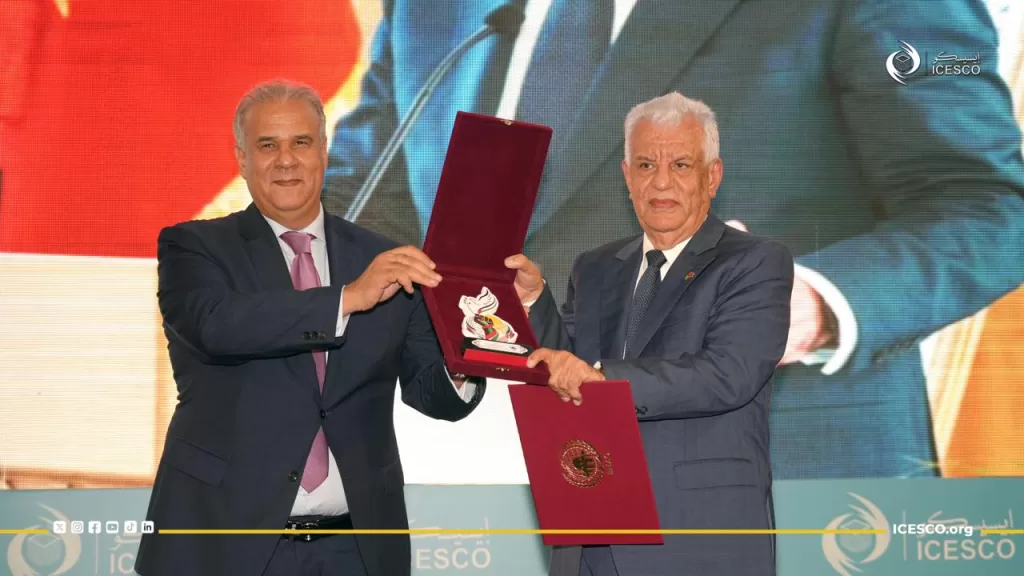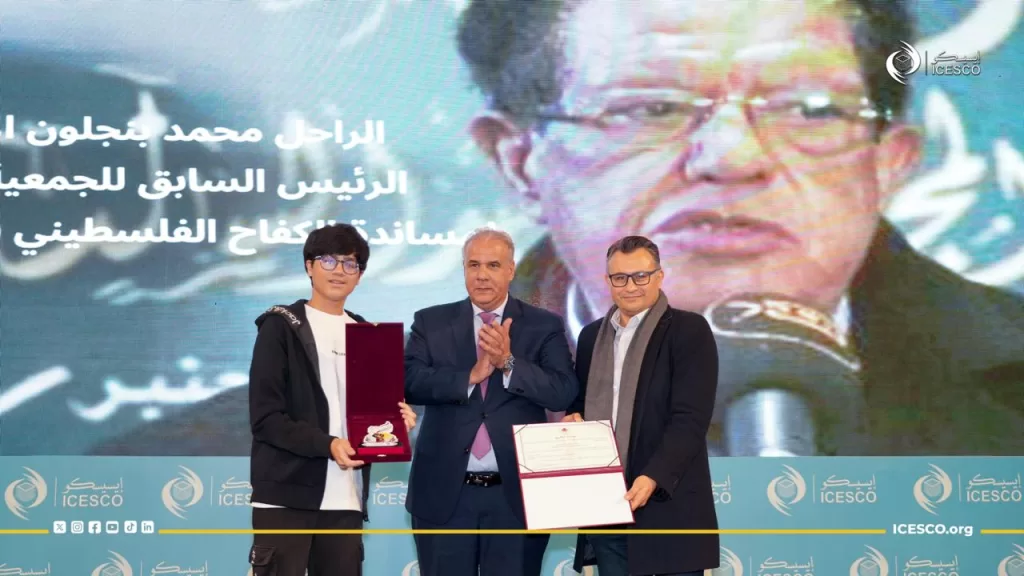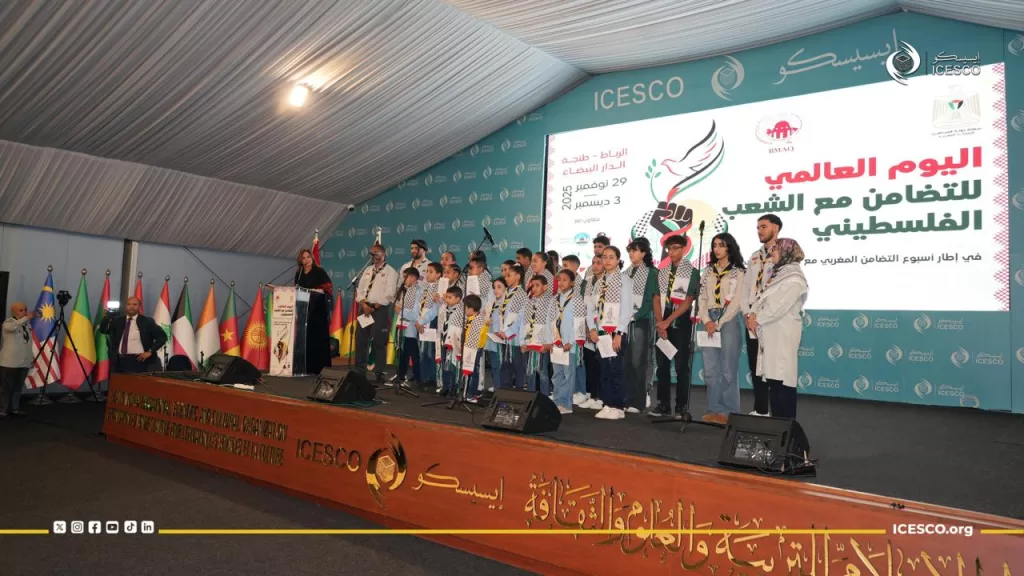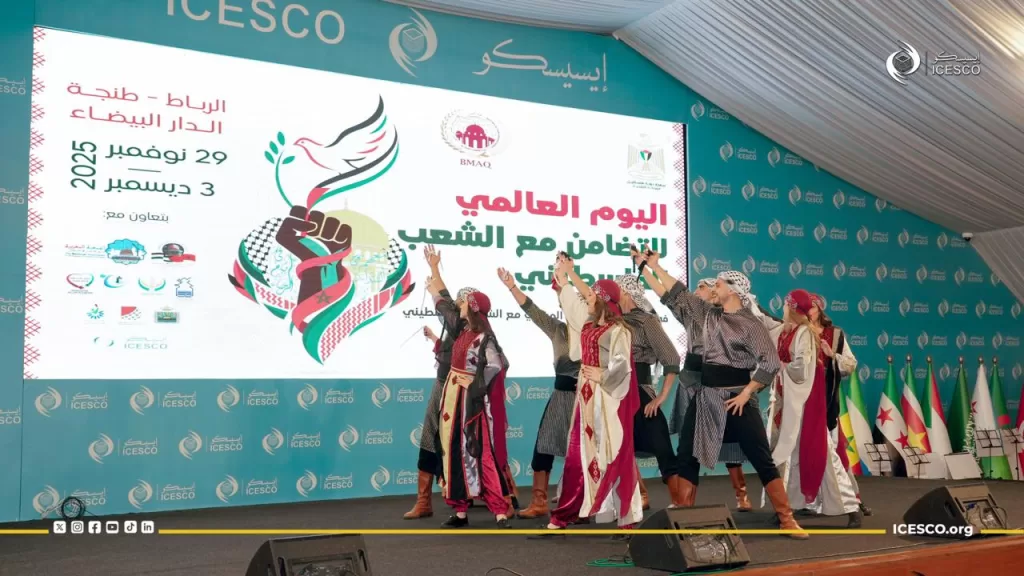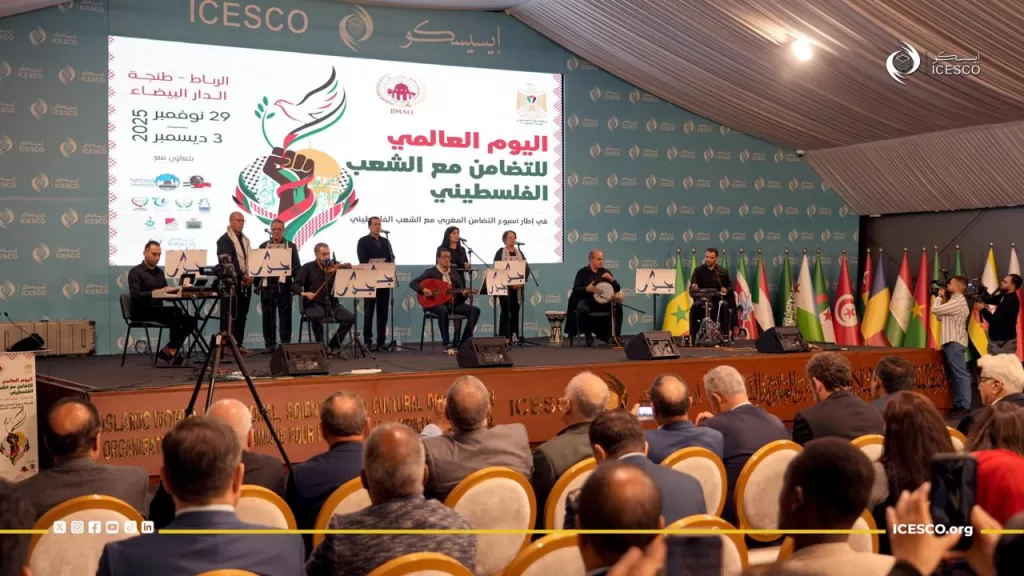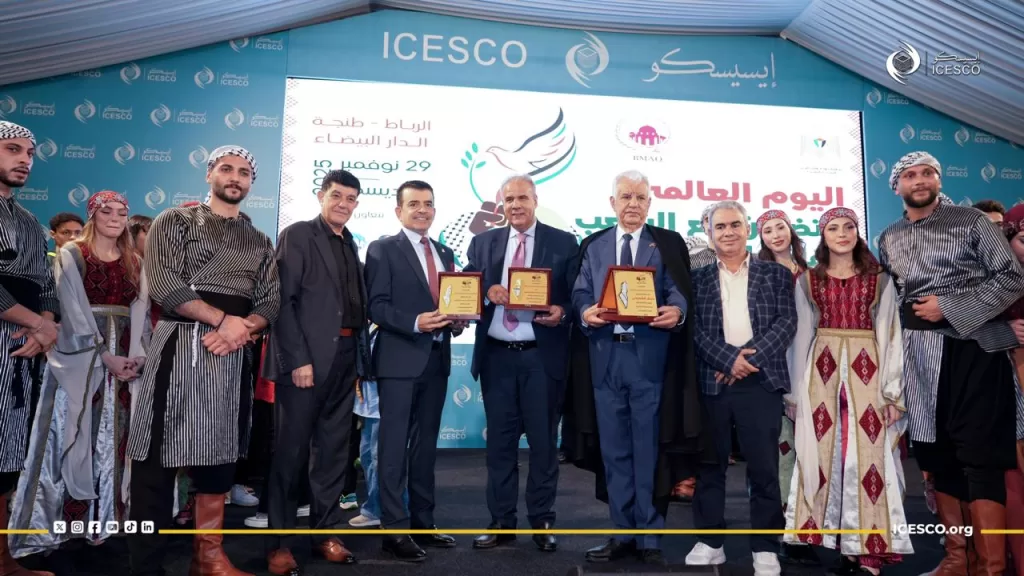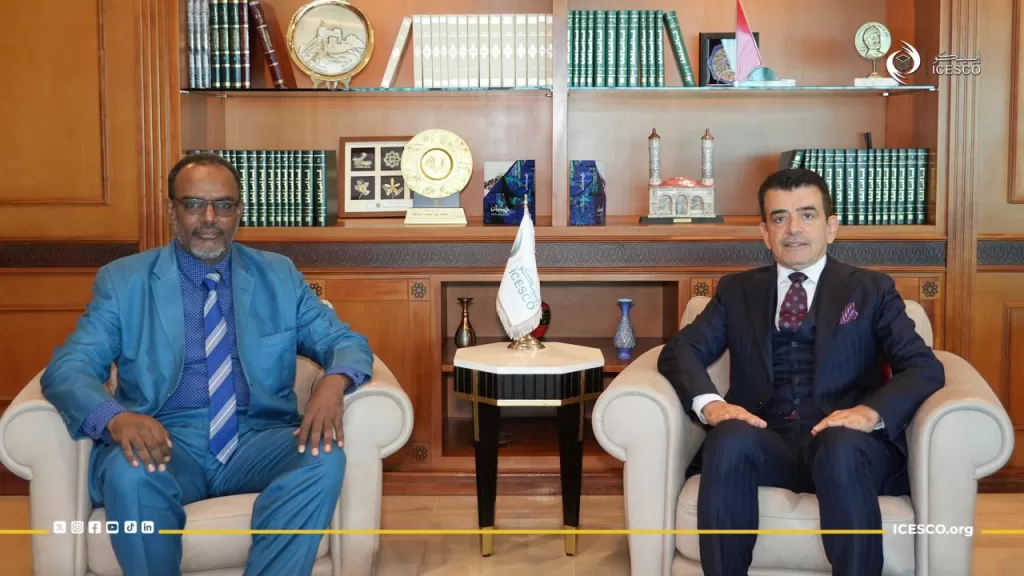His Excellency President Azali Assoumani, President of the Union of the Comoros, visited the headquarters of the Islamic World Educational, Scientific and Cultural Organization (ICESCO) in Rabat, Morocco, on Friday, 5 December 2025. He was received by Dr. Salim M. AlMalik, ICESCO Director-General (DG), along with several heads and directors of sectors, centers, and departments at the Organization.
As part of the visit, a meeting was held with the participation of Mr. Youssouf Said Ali, the President’s Advisor for Education Affairs, and Ambassador Yahya Mohamed Elias, Ambassador of the Union of the Comoros to the Kingdom of Morocco, to discuss ways of strengthening cooperation between ICESCO and the Comoros in the fields of teaching Arabic to non-Arabic speakers, scientific research and higher education, and heritage preservation and valorization.
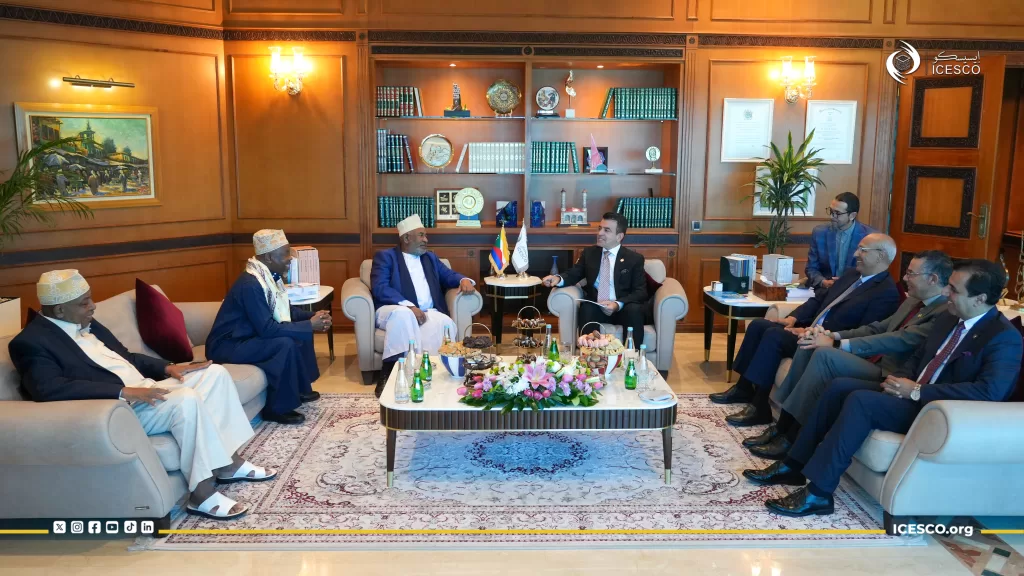
During the meeting, Dr. AlMalik welcomed H.E. President Azali Assoumani at ICESCO’s headquarters, and presented the key pillars of the Organization’s vision and strategic directions, as well as its activities, programs, and initiatives. He further reviewed the programs jointly implemented during the past period.
Dr. AlMalik underscored the Organization’s significant progress in the project to rehabilitate its Delegation for teaching Arabic in the capital, Moroni, in partnership with the Hamdan bin Rashid Al Maktoum Foundation for Medical and Educational Sciences. Moreover, he extended an invitation to H.E. the President to attend the opening ceremony of the Delegation, scheduled for the end of next year.
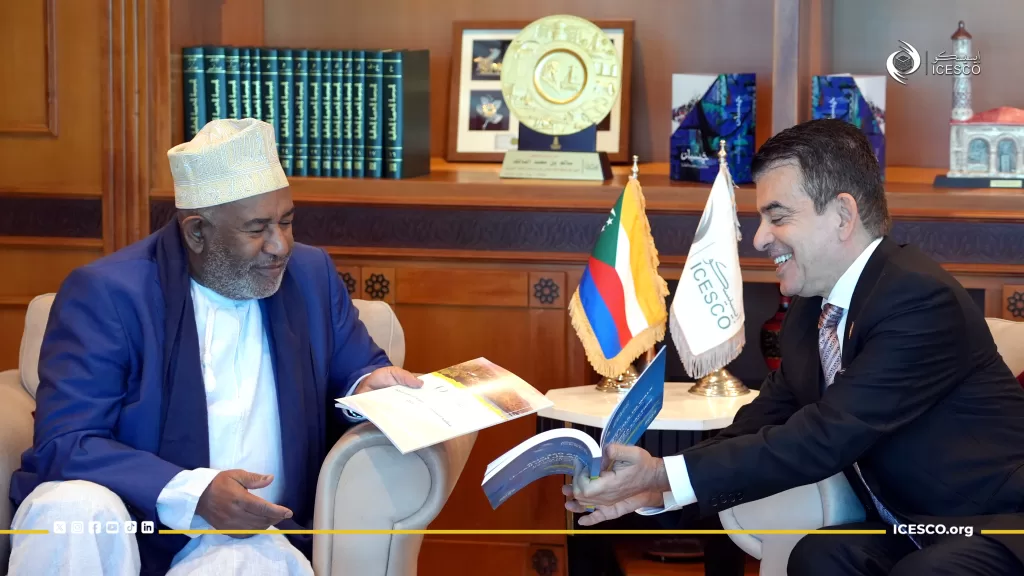
For his part, H.E. the President expressed his gratitude for the warm reception and reiterated his full support for efforts to strengthen bilateral relations. He also voiced his hope that discussions between the two sides would continue, paving the way for broader prospects that further advance and support the educational, scientific, and cultural fields.
During the meeting, Dr. AlMalik presented President Azali Assoumani with a copy of ICESCO’s book Peace 360, for which he had written the foreword of its second edition. He also offered him a copy of a study prepared by the Organization on the Comorian kofia, in addition to a report on bilateral cooperation since 2019.
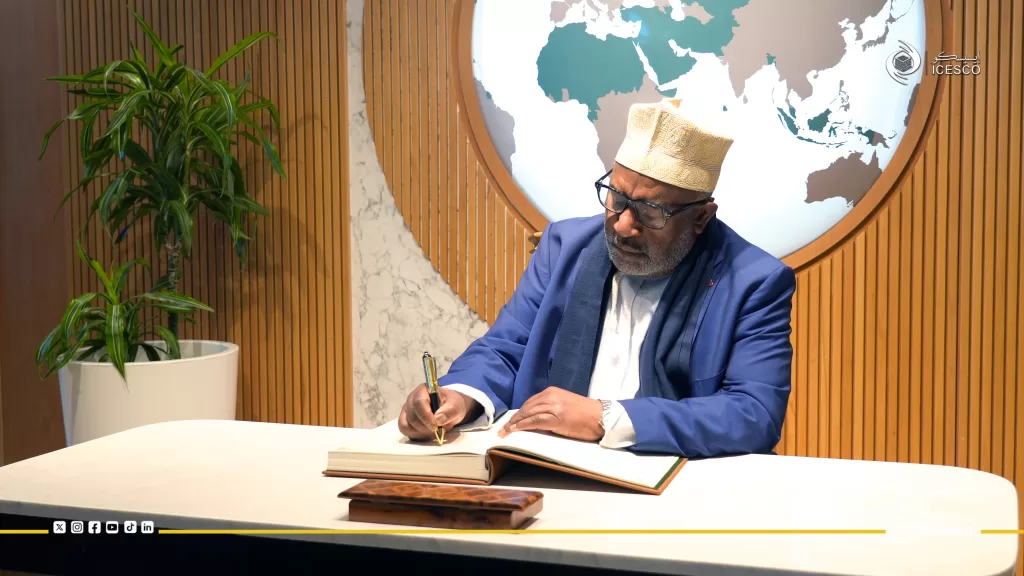
Following the meeting, President Azali Assoumani wrote a message in ICESCO’s Golden Guestbook.
On ICESCO’s side, the meeting was attended by Dr. Ahmed Said Bah, Advisor to the General Directorate; Mr. Adel Bouraoui, Advisor to the Director-General in charge of ICESCO’s external bodies in the field of the Arabic language; and Dr. Salim Al-Habsi, Director of the General Secretariat of National Commissions and Conferences.
